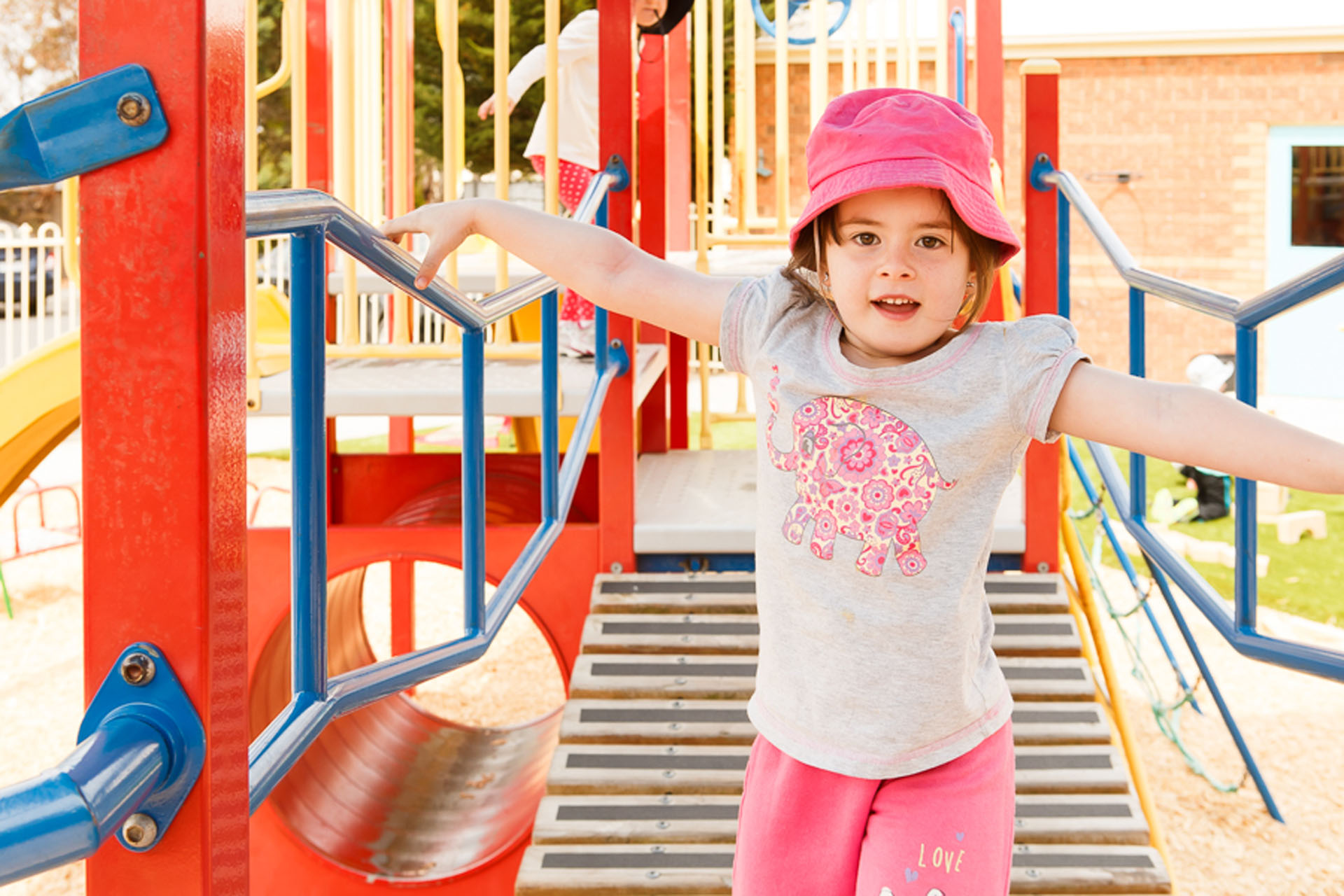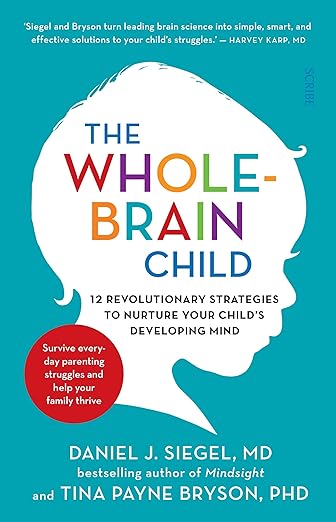
All children experience big emotions like anger, sadness, and anxiety. As parents, it can be challenging to know how to help them understand and manage these feelings in a healthy way. But with the right tools and guidance, children can learn to navigate their emotions and build resilience. At Aussie Kindies Early Learning, we believe in providing parents with strategies that not only help children cope but also set them up for long-term emotional wellbeing.
Why It’s Important to Address Big Emotions Early
Helping children understand their emotions from an early age can have long-term benefits for their mental health. Research from the Murdoch Children’s Research Institute shows that children who learn to manage their emotions effectively are 30% less likely to develop anxiety or depression later in life. This makes early intervention essential for fostering healthy emotional development.
When children aren’t able to express or understand their feelings, they might resort to tantrums, withdrawal, or other challenging behaviours. As a parent, your role in guiding them through these moments can make a significant difference.
Strategies to Help Children Understand & Manage Emotions
Acknowledge their feelings: One of the most important things you can do is validate your child’s emotions. Whether they are feeling angry, sad, or anxious, let them know it’s okay to feel that way. Phrases like “I understand you’re feeling upset” can help children feel heard and understood.
Teach emotional vocabulary: Many young children struggle to express their feelings because they don’t have the words to describe them. Helping your child build an emotional vocabulary, using words like “frustrated,” “disappointed,” or “worried,” gives them the tools they need to articulate their emotions. According to the American Academy of Pediatrics, children who are taught emotional vocabulary are 40% more likely to express their feelings in a healthy way.
Practice mindful breathing: Simple breathing exercises can be powerful tools for calming down during moments of emotional intensity. When your child is feeling overwhelmed, guide them through deep breathing exercises to help them regain control of their emotions. Research has shown that mindful breathing can reduce stress and lower cortisol levels, making it an effective technique for children struggling with anxiety or anger.
Create a calm-down space: Having a designated space where your child can go to relax and process their emotions can be incredibly helpful. This area can include comforting objects, soft cushions, and quiet activities that encourage self-regulation. Teaching your child to use this space when they’re feeling overwhelmed gives them a practical strategy for managing their emotions independently.
Book Recommendation: The Whole-Brain Child
If you’re looking for more strategies to help your child manage big emotions, we recommend The Whole-Brain Child by Dr. Daniel J. Siegel and Dr. Tina Payne Bryson. This book provides 12 revolutionary strategies for nurturing your child’s developing mind. It explains how to engage different parts of the brain to help children understand and process their emotions. It’s a valuable resource for parents looking to better understand their child’s emotional needs and equip them with tools for handling big feelings.
The Positive Living Skills Program: Equipping Children with Emotional Tools
At Aussie Kindies Early Learning, we’re committed to fostering children’s emotional wellbeing. Our Positive Living Skills program, part of the Lifelong Learning Curriculum, is designed to equip children with essential skills for managing their emotions, building healthy relationships, and developing strong self-esteem. Through play-based activities, children learn how to recognise and understand their emotions, giving them the tools they need to navigate challenges in a healthy way.
Endorsed by Beyond Blue, a leading mental health organisation, this program provides children with lifelong strategies for emotional wellbeing. By teaching emotional regulation and resilience from a young age, we’re helping children develop the skills they need to thrive both inside and outside of the classroom.
Support Your Child's Emotional Intelligence & Resilience
Helping your child understand and manage emotions like anger, sadness, and anxiety is a vital part of their emotional development. By using strategies like acknowledging their feelings, teaching emotional vocabulary, and practicing mindfulness, you can help your child build emotional intelligence and resilience. At Aussie Kindies, our Positive Living Skills program is designed to support children’s emotional and mental health even further, ensuring they grow up with the tools they need to handle life’s ups and downs.
For more tips on managing emotions or to learn more about our Positive Living Skills program, feel free to reach out to our team.
Find your nearest Aussie Kindies Early Learning Centre here.
